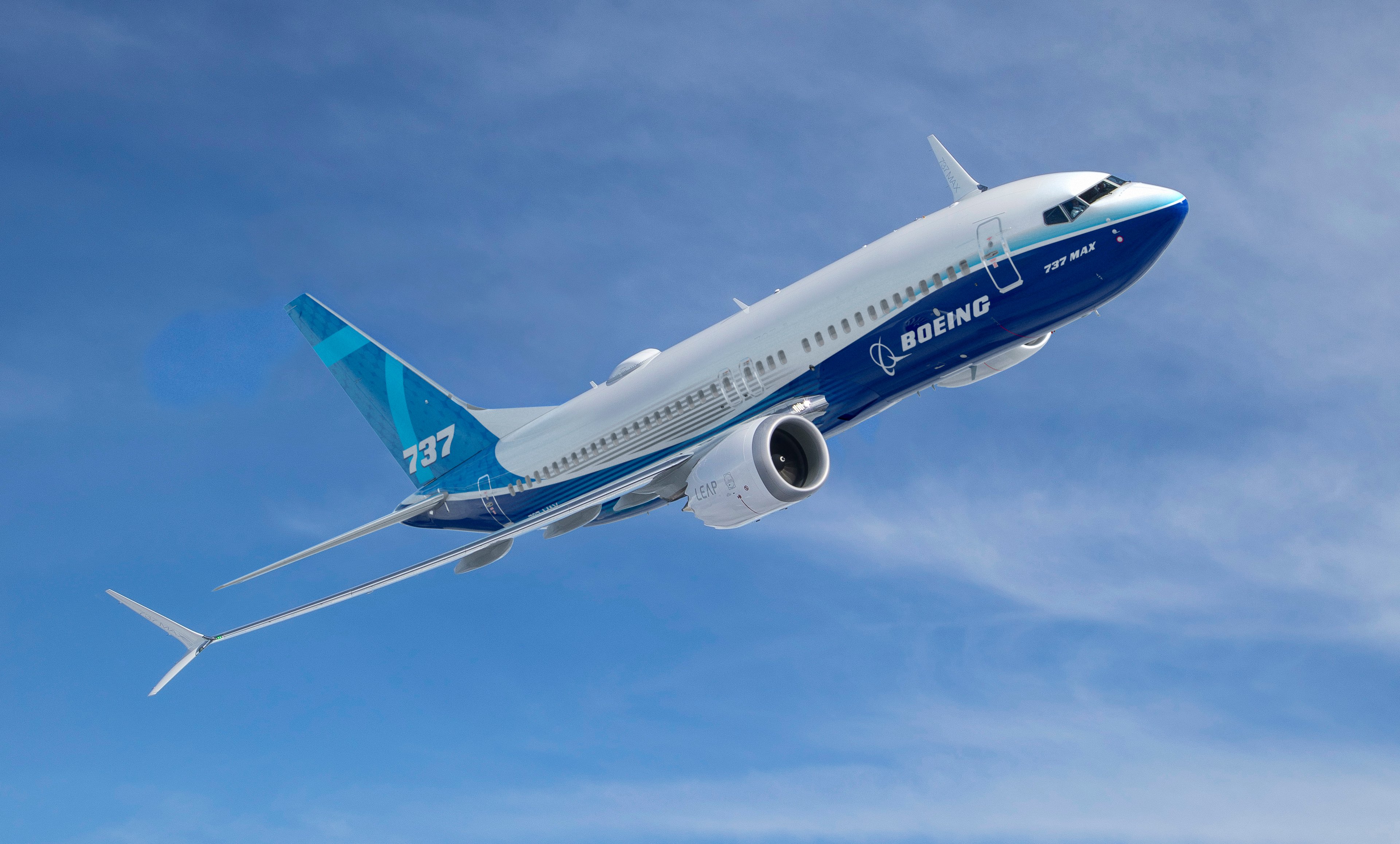"'Curiouser and curiouser!' cried Alice (she was so much surprised ...)"
-- Alice's Adventures in Wonderland, by Lewis Carroll
As you've probably heard by now, Boeing (BA +0.01%) offered its machinists union a new, extended labor contract this past week, and the union rejected the offer. This was surprising -- but perhaps not for the reason you think.
Read over the terms again that Boeing offered to the International Association of Machinists union, or IAM, in Washington state, and they really don't look attractive. (At least not to union workers. To Boeing, this contract should have been a cinch to sign.) In exchange for a promise to let Washington workers build the new Boeing 777X airplane rather than send the work elsewhere, a recitation of existing pension guarantees, and a modest $10,000 signing bonus, Boeing was asking its workers to agree to:
- Ditch their guaranteed pension plans just three years from now, switching to a "defined contribution" plan paying as little as 4% of salary toward retirement.
- Accept pay raises of as little as 0.5% per year (on average, and plus some COLA adjustments) over the life of the contract.
- Give up the right to renegotiate their compensation (and strike if they don't like it) for nearly a decade.
The curious thing here is that these terms actually look a lot harsher than the ones that Boeing negotiated with its Society of Professional Engineering Employees in Aerospace labor union, or SPEEA, earlier this year. Harsher, too, than what Boeing agreed to with the IAM union five years ago. Yet with a long-term guarantee of work on the new 777X as the prize, some funny things happened on the way to the negotiation table.

Boeing's new planned 777X. Source: Boeing.
Two down, one to go
First and foremost, IAM's labor union leaders were positively quiescent in the negotiations -- taking a much less combative stance than the one they adopted five years ago. Describing the contract to union members on the IAM website, union leaders used glowing terms, emphasizing how the contract would secure work for "in Washington State for our children and grandchildren," preserve health-care plans at costs "below the national average," and guarantee at least some "General Wage Increases and Cost of Living Adjustments ... through 2024."
Boeing also won support from Washington state itself, where legislators approved decades-long tax breaks adding up to some $9 billion if Boeing would build the 777X in-state. All that was needed to make this deal a go, and a big win for Boeing, was for the union members to roll over and make the concessions that Boeing demanded.
But that didn't happen.
What's next for Boeing?
In the end, the union balked, and now investors are wondering what happens next. The answer, it would appear, is: "not much."
You see, a win on the union vote would have meant a big win for Boeing -- no doubt. It would have limited increases in labor costs and removed the threat of damaging labor strikes for nearly a decade to come. But the loss of the union vote doesn't hurt Boeing much at all.
Boeing still has its IAM workers under contract, after all, and they'll remain so through 2016. Thus, the machinists can't force Boeing to offer better terms by calling an immediate labor strike. That's good news for Boeing -- and for big suppliers such as Honeywell (HON 0.23%) and General Electric (GE +0.25%), both of which were forced to slow production and lay off workers during the 2008 IAM labor strike.
This time around, Boeing has at least two years' leeway -- and plenty of tools with which to bargain. If its union in Washington won't play ball, the company can make credible threats to move 777X work to any of a number of locations that might want the work -- Texas, California, South Carolina, or even Japan.
The company says it's keeping "all options open" and may take as many as "several months" before deciding on its next step. For now, Boeing may not have booked its big win.
But it hasn't lost anything, either.








